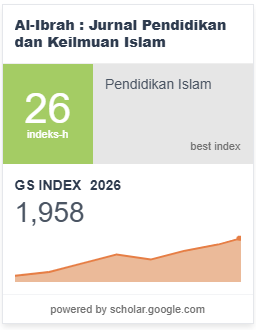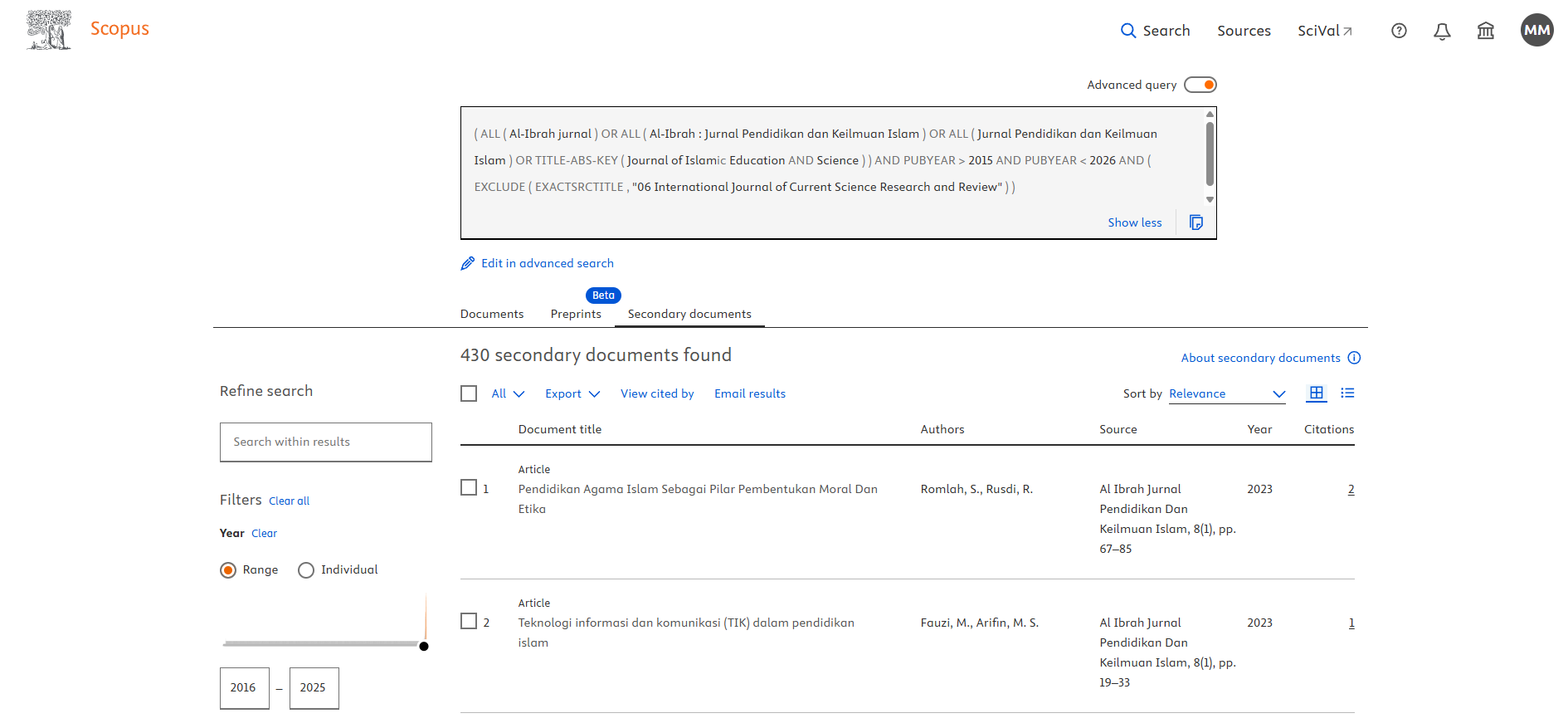PARADIGMA EKOKRITIK DALAM PENDIDIKAN AGAMA ISLAM
PERSPEKTIF TEOLOGI LINGKUNGAN
DOI:
https://doi.org/10.61815/alibrah.v10i1.658Keywords:
Paradigma Ekokritik, PAI, Teologi lingkunganAbstract
The increasingly worrying environmental damage requires us to adopt a holistic approach in education, including in Islamic Religious Education (PAI). In this case, the ecocritical paradigm provides a critical perspective on the relationship between humans and nature, which is in line with the principles of environmental theology in Islam. This study aims to explore how the ecocritical paradigm can be integrated into PAI to build ecological awareness based on Islamic values. The methods used are a qualitative approach, literature study and field research. This study reveals that Islamic teachings emphasize the concept of khilafah (human leadership over the earth), amanah (responsibility), and balance (mizan) in an effort to maintain ecosystem harmony. The integration of ecocriticism in PAI can be realized through the development of a curriculum that emphasizes environmental ethics, strengthening spiritual values in preserving nature, and the application of learning methods based on experience and real action. Thus, the application of the ecocritical paradigm in PAI plays an important role in shaping the attitudes and behavior of students who are more concerned about the environment, in accordance with the principles of environmental theology in Islam.
Downloads
Downloads
Published
How to Cite
Issue
Section
License
Copyright (c) 2025 Nanang Qosim, Jailani, Nurul A’yun

This work is licensed under a Creative Commons Attribution-ShareAlike 4.0 International License.











